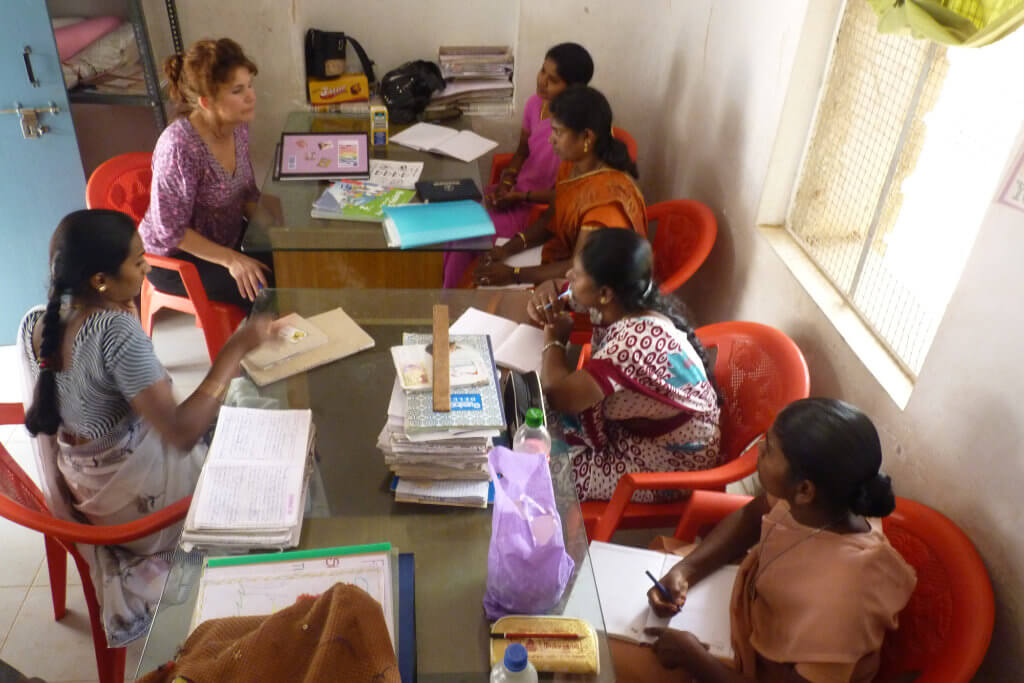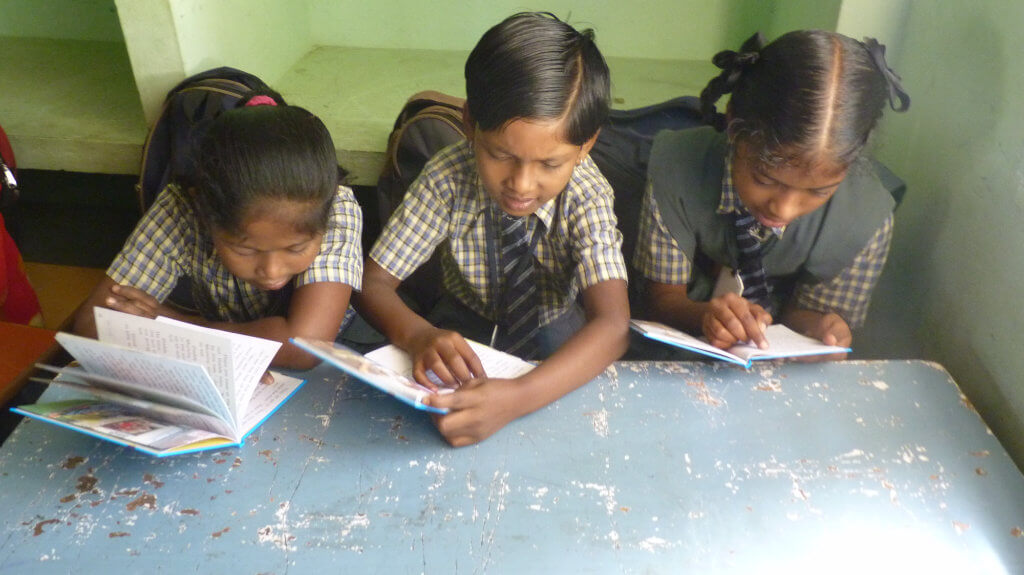Menu
Home » Mission and vision
 We believe that all children anywhere in the world have the right to a good education. The ‘The Key of Education’ foundation wants all the conditions to be in place for children to follow education. Often schools are in a very poor state of maintenance, children sit with 5 at a school bench and there are no books and other educational materials.
We believe that all children anywhere in the world have the right to a good education. The ‘The Key of Education’ foundation wants all the conditions to be in place for children to follow education. Often schools are in a very poor state of maintenance, children sit with 5 at a school bench and there are no books and other educational materials.
We help schools financially in the purchase of educational resources of The Key of Education Part 1 and The Key of Education Part 2. This materials are sustainable and can be used for many, many years.
Education is at the basis of a society and literacy is a prerequisite for getting more opportunities in a society.
That is why we as a foundation believe in the power of physical knowledge transfer in the module of ‘train the teacher’ in which observing, co-teaching and evaluating and actually ‘practicing’ together as teachers in front of the class, is very effective.
This is why we believe we have to invest in knowledge transfer from teacher to teacher, and practicing didactic skils by co-teaching. Having a good method with resources is indispensable.
The Dutch volunteer will be trained by Marian, and will teach the first month. The second month the local teacher will take the lessons over and over again. When the volunteer is gone, the local teacher has to do this alone. After two months, the schoolleader send a video to Marian of the lessons, and Marian eventually can give the certificate of becoming a KEY-school.
This is where we distinguish ourselves from other organizations.
We believe that the power of change lies in guiding and training the local teacher and that this allows us to get the most sustainable improvement of education.
Our vision is that it does not make much sense, no matter how sweet and well-intentioned it is, to volunteer in a developing country to give some ‘loose’ English lessons. After all, there is no continuity and continuous line.
Often you see that, for example, some lessons about ‘colors’ or ‘numbers’ are given, which is often repeated by subsequent volunteers.
In developing countries, many government schools have a huge need for didactic training of local teachers in the initial English reading education in Grade 1.
It is therefore important to train the local teachers in the Preschool in giving simple English lessons, which actively and receptively increases the vocabulary of the children and they master the reading conditions in English when they go to Standard 1.
 When children start to learn to read in another language (English), they need to know what the terms (reading conditions) ‘left’ and ‘right’ mean and ‘above’ and ‘below. They should also have a certain degree of approachability in the new language.
When children start to learn to read in another language (English), they need to know what the terms (reading conditions) ‘left’ and ‘right’ mean and ‘above’ and ‘below. They should also have a certain degree of approachability in the new language.
That is why many ‘keywords’ of Part 1, come back in ‘Part 2’. As a result, in addition to starting technical reading, we also immediately work on the reading comprehension.
In our opinion, we can achieve a good quality improvement by focusing on the local teachers with a continuous method and the same working methods.
By following ‘The Key of Education’, our volunteer/teacher can continue where the previous volunteer/teacher left off, so that the school will really achieve better results.
We want the local teachers to experience that the power to give good education can come from themselves with guidance by co-teaching.
The aim of our foundation is therefore that the school we work with will function independently with high-quality reading education.
Such a school will then receive a certificate from ‘The Key of Education’ and can then become a centre of expertise for other schools in the region.
This form of innovative education will inspire other local schools to get started with this as well.
